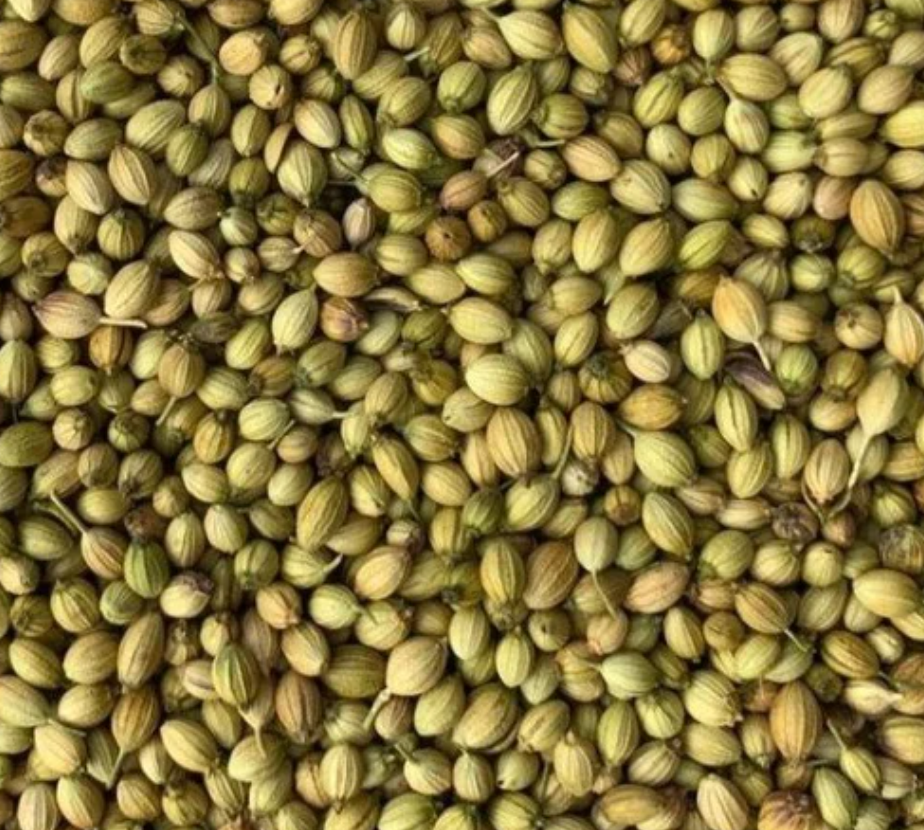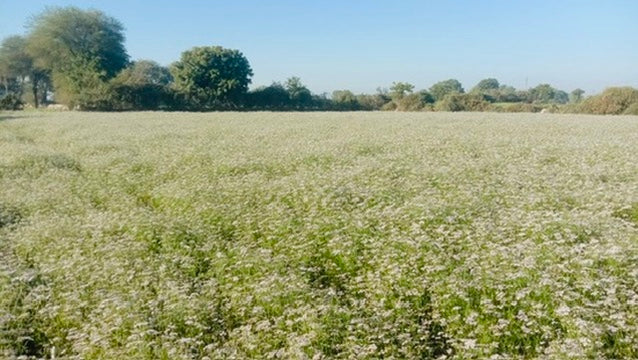Single-Source
CHAMBAL CORIANDER
CHAMBAL CORIANDER
Shaped by the unique terroir of the region's black soil, formed by the Chambal River, this coriander offers a striking balance of bright citrusy zing, delicate floral notes, and a warm, nutty finish.
It adds a remarkable depth and complexity to your dishes, from savory stews and curries to chutneys, fresh salads, sauces, and even baked goods.
Cultivated on the Gautam family’s ancestral land for nearly two decades alongside three different indigenous wheat, flax seeds, chickpeas, and corn.
ORIGIN: Khera Rudhda, Rajasthan
NAME: Chambal — named after the Chambal River that flows through the region.


"Wow! Incredibly fragrant and zingy. I fell in love with this coriander as soon as I opened the jar" - Mara
RECIPE INSPIRATION
-
We’d love to know how you use your spices! Follow and tag us on Instagram. @koshnaspices
OUR FARMER, ISHWAR GAUTAM FROM KHERA RUDHDA, RAJASTHAN

When Mr. Gautam, the patriarch, was retiring from daily farming, he wondered who in the family would continue their farming legacy. His three sons, all well-educated, had different career plans, none of which involved farming.
But, Ishwar, the youngest son, stumbled upon a book in his first year of college, which planted a seed: "What if we converted our entire farm to organic methods, to increase our yields while also improving the soil?" Initially met with doubt, Ishwar's vision was eventually embraced by the family, and he dropped out of college.
The early years were filled with struggles and setbacks, but Ishwar remained committed to transforming the farm with a dedication to regenerative farming practices. Ishwar's perseverance and hard work paid off, and their farm now flourishes with a diverse range of crops, earning multiple awards along the way.
Ishwar earns 5× the market rate through our direct-trade partnership.
- Market price: $1.13 | Koshna compensation: $3.20
- Choosing a selection results in a full page refresh.
- Opens in a new window.




